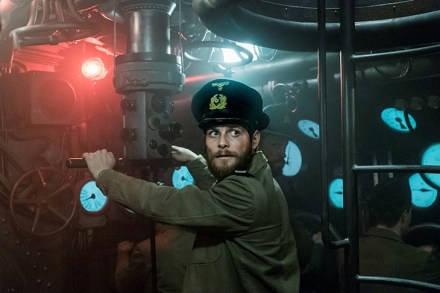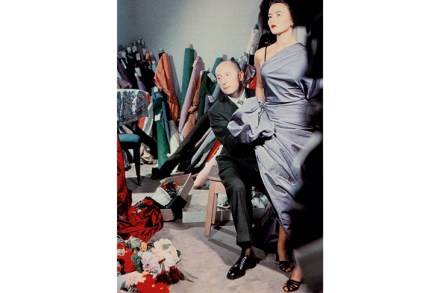Putting the Boot in | 14 February 2019
‘I know, let’s repaint the Sistine Chapel. But this time we’ll get it done by Banksy.’ Perhaps this wasn’t the exact phrase used in the early production meetings for the Sky Atlantic reboot (ho ho) of Das Boot (Wednesdays). It does describe pretty well the net result, though. Yes, I know James Walton covered it last week but I’m going to have to strongly disagree with him: Das Boot — Wolfgang Peterson’s 1980s miniseries about life on a U-boat during the Battle of the Atlantic — is my favourite wartime TV drama ever. And I’m damned if I’m going to let this travesty of a new version through the net.





















